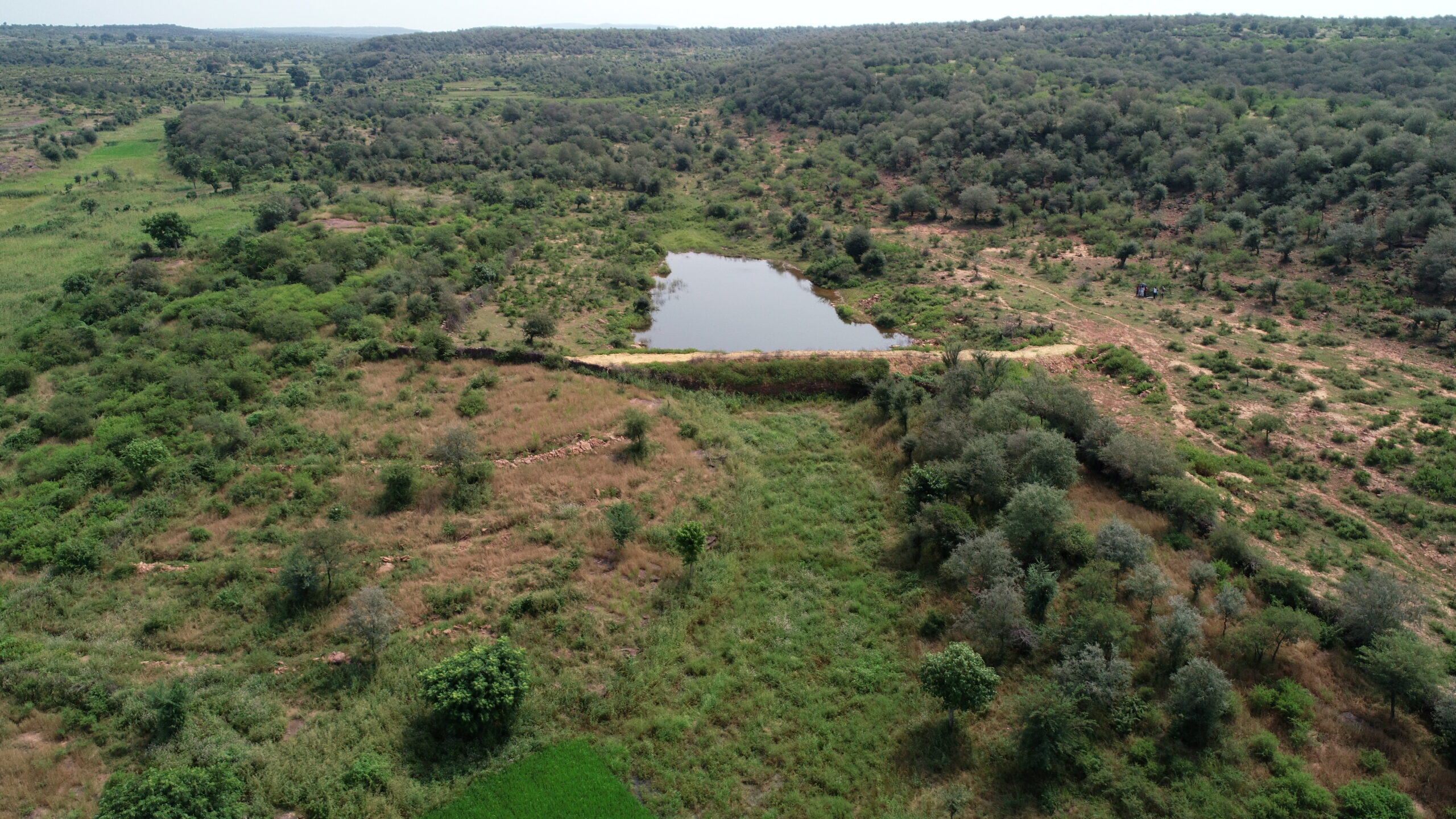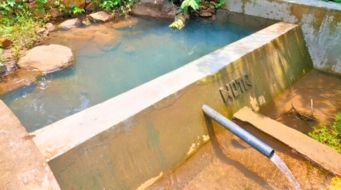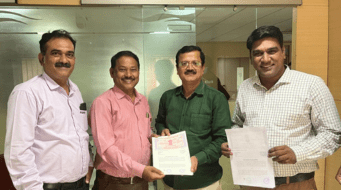Heerabai still feels chills running down her spine when she thinks of the water scarcity and parched lands that her village Purushwadi was known for. The unseasonal and irregular rainfall, fragmented landholding were the major challenges in the area. Unsustainable farming practices and overgrazing made the situation worse. Despite receiving good rainfall, people faced water shortage in other seasons that heavily impacted agriculture and their wellbeing.
Heerabai was worried about her family’s future in Purushwadi till she learned about WOTR’s comprehensive initiative in the village. In a series of projects running over a period of nearly two decades, WOTR strategically focused on natural resource management, climate change adaptation and ensuring water security – as part of WOTR’s Ecosystem-based Adaptation (EbA) approach.

Through community participation, we designed holistic interventions ranging from sustainable agriculture, watershed development, water budgeting, alternate energy, biodiversity conservation and disaster management.
And the results have been encouraging! With consistent intervention in the areas, the impact studies have reported a 40% increase in people’s income. Water levels have significantly improved positively impacting the local agriculture and people’s health. Farmers can now take more crops per year which has added to the food security and nutrition intake.
And that’s not all. The improved water table and soil quality is now reversing the land degradation. The area under plantation increased from 1 ha in 2010 to 40 ha in 2016, with 18 of these created from barren land!
Residents of Purushwadi are now able to find a new ray of hope. Now they know why they need to take care of their environment and adopt sustainable methodologies. Heerabai is a happy lady and is confident that her family will have a thriving future in the village.





